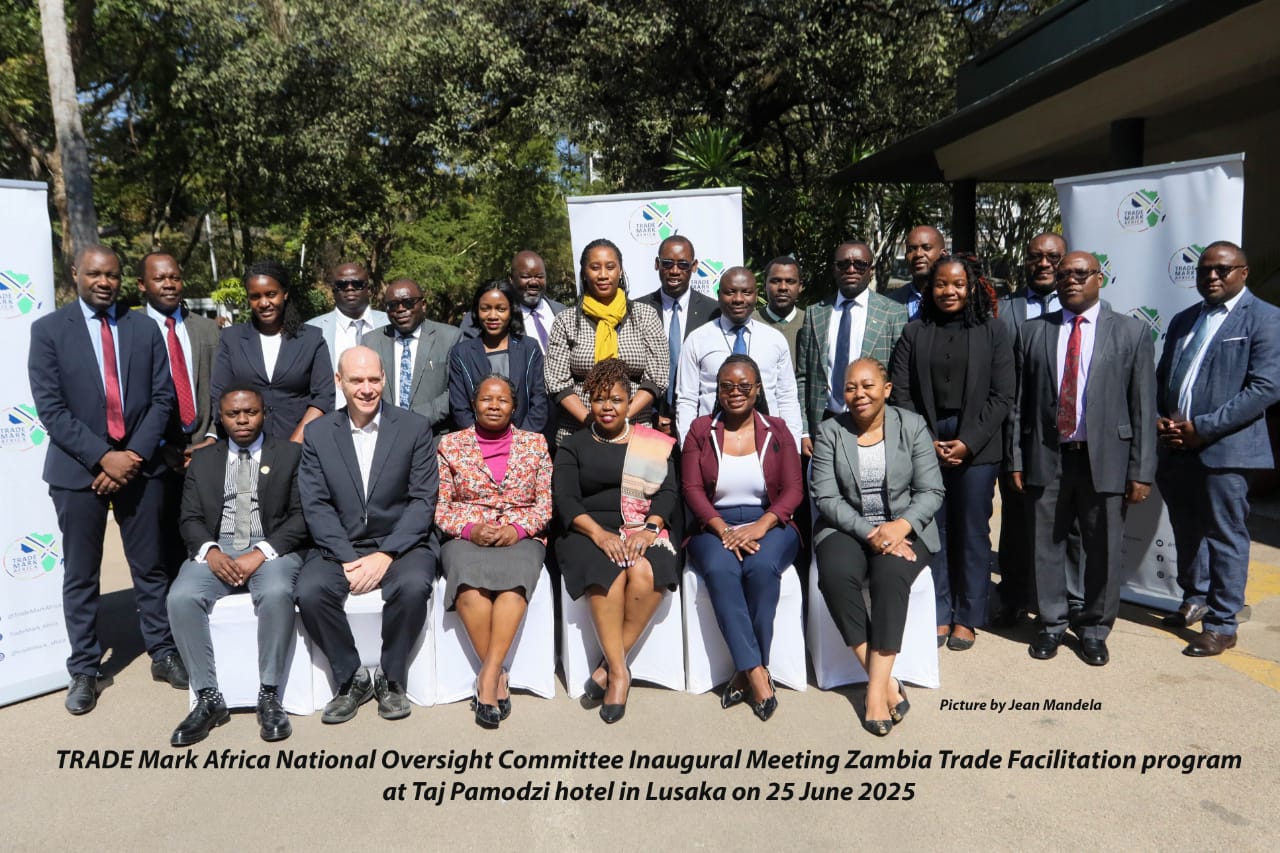In a political twist that is captivating Nigeria and much of Africa, Peter Obi has vowed to run again for Nigeria’s highest office in 2027. The former Labour Party presidential candidate, known for his reformist agenda and grassroots popularity, signals a bold return that reignites aspirations for transformative leadership. This move comes amid widespread dissatisfaction with current political dynamics and sets the stage for a high-stakes contest that could reshape Nigeria’s democratic future.
Peter Obi Nigeria Presidency 2027: A Renewed Political Vision
Peter Obi’s announcement to contest the 2027 elections underlines not just personal ambition, but a broader call for systemic change in Nigeria. After his impressive performance in the 2023 elections, where he galvanized a significant youth-led movement, Obi’s renewed bid is seen as an opportunity to push forward policies centered on transparency, infrastructure development, and inclusive economic growth. Political analysts argue that Obi’s message resonates with millions disillusioned by entrenched corruption and stagnant governance, offering a fresh blueprint for Nigeria’s political evolution.
Challenges Facing Peter Obi’s Bold Comeback
Despite the optimism surrounding his campaign, Peter Obi faces formidable obstacles on his path to Aso Rock. Nigeria’s complex electoral machinery, deeply rooted party loyalties, and systemic issues like vote-buying and regional politics could impede his progress. Moreover, the ruling political elite is expected to mount significant resistance, leveraging institutional advantages to maintain the status quo. Yet, observers note that Obi’s disciplined messaging and data-driven approach provide a counter-narrative that continues to attract widespread support, especially among Nigeria’s vibrant youth population.
Youth and the Digital Drive: Key to Nigeria’s 2027 Race
One of the standout features of Peter Obi’s campaign strategy is his embrace of digital mobilization. Leveraging social media platforms and digital town halls, Obi’s team has been able to reach millions directly, bypassing traditional political gatekeepers. This strategy proved effective in 2023 and is expected to be a cornerstone of his 2027 campaign. The synergy between Obi’s vision and a tech-savvy electorate eager for meaningful change underscores the pivotal role of youth engagement in determining Nigeria’s political trajectory.
Regional Alliances and Their Impact on Nigeria’s 2027 Elections
Regional dynamics play a critical role in Nigerian politics. Peter Obi’s team has begun cultivating strategic alliances across geopolitical zones to build a broader coalition capable of challenging entrenched interests. Such alliances are not merely political calculations but are essential for creating a united platform that reflects Nigeria’s diverse ethnic and cultural landscape. These efforts are likely to determine how effectively Obi can translate grassroots enthusiasm into actual votes across key battleground states.
Peter Obi Nigeria Presidency 2027: Economic Implications of a Peter Obi Presidency
Beyond politics, markets and investors are closely watching Peter Obi’s renewed ambition. His emphasis on prudent economic management, industrial diversification, and tackling Nigeria’s power infrastructure deficits has struck a chord with both local entrepreneurs and international observers. A Peter Obi presidency could herald a shift towards policies that enhance Nigeria’s competitiveness, attract foreign direct investment, and create sustainable jobs, offering a path out of chronic underemployment and economic volatility that have plagued the nation for decades.
Peter Obi Nigeria Presidency 2027: Breaking Old Political Patterns
The potential success of Peter Obi Nigeria Presidency 2027 represents more than a simple electoral victory; it could dismantle longstanding political traditions that have favored entrenched elites at the expense of ordinary Nigerians. Obi’s narrative of fiscal discipline, anti-corruption, and empowerment of small businesses continues to contrast sharply with decades of patronage-driven politics. His supporters believe he offers a genuine alternative that could finally address systemic inefficiencies. By challenging existing networks of influence, Obi’s campaign might encourage a new era of accountability in governance, reshaping how politics operates in Africa’s largest democracy.
Moreover, social analysts suggest that if Obi successfully disrupts traditional power structures, this could set a precedent across other African states struggling with similar issues, making his 2027 bid a litmus test for broader regional transformation.
Security and Governance: Addressing Nigeria’s Complex Challenges-Peter Obi Nigeria Presidency 2027
Nigeria’s multifaceted security problems—from insurgency in the northeast to banditry in the northwest—demand nuanced and comprehensive strategies. Peter Obi’s team has outlined a governance model that emphasizes community policing, enhanced intelligence coordination, and robust investment in local economies to tackle root causes of insecurity. If implemented, these measures could significantly alter Nigeria’s security landscape, fostering an environment where development can thrive. This forward-thinking approach distinguishes Obi from rivals who often rely on militaristic short-term fixes without addressing systemic failures.
For more insights into Nigerian political shifts ahead of the 2027 presidential election, check out our article on Nigerian Party Politics: 4 Powerful Leaders Ignite 2027 Shake-Up on MauritiusBizMonitor.
Peter Obi Nigeria Presidency 2027: International Watch and Economic Prospects
The international community, including financial institutions and global investors, is closely monitoring developments around Peter Obi Nigeria Presidency 2027. His economic proposals prioritize diversification beyond oil, investing in agriculture and technology to stimulate growth and create employment. Economic think tanks argue that such policies could reposition Nigeria as a hub for digital innovation and agribusiness, reducing its vulnerability to global oil shocks. This vision has drawn cautious optimism from international observers, who see Nigeria as a potential anchor for West African economic stability.
According to a Brookings Institution analysis, Nigeria’s youth-driven digital economy could unlock trillions in new value by 2030, underlining why leadership that understands these dynamics is critical.
Strengthening Nigeria’s Institutions Through Bold Reforms
One of the hallmarks of Peter Obi’s renewed political agenda is his commitment to institutional reforms. From overhauling Nigeria’s judiciary to depoliticizing key anti-graft agencies, Obi proposes a model that empowers institutions to act independently and effectively. Such reforms are essential to cementing rule of law and restoring investor and citizen confidence alike.
The Obi campaign stresses that building robust institutions is not merely a technocratic exercise—it is foundational to breaking cycles of impunity that have plagued Nigeria for decades.
Reinvigorated institutions could thus become Nigeria’s most powerful tools in ensuring long-term peace, social justice, and equitable prosperity across its diverse regions.
Peter Obi Nigeria Presidency 2027: Inspiring Pan-African Democratic Renewal
Beyond Nigeria, political commentators see Obi’s campaign as part of a broader Pan-African democratic renaissance. His focus on transparent governance, youth empowerment, and digital-driven growth resonates across borders, offering lessons for other nations grappling with similar challenges. By championing inclusive governance and leveraging Africa’s demographic dividend, Obi’s movement could become a catalyst for democratic deepening on the continent. The coming years will reveal whether this ambition can translate into tangible governance outcomes that inspire other African leaders to pursue people-centered policies with equal vigor.
Such a transformation would not only benefit Nigeria but could elevate Africa’s global standing, proving that homegrown leadership can deliver sustainable progress aligned with local realities.
Source: Adapted and expanded from original reporting by AllAfrica.




